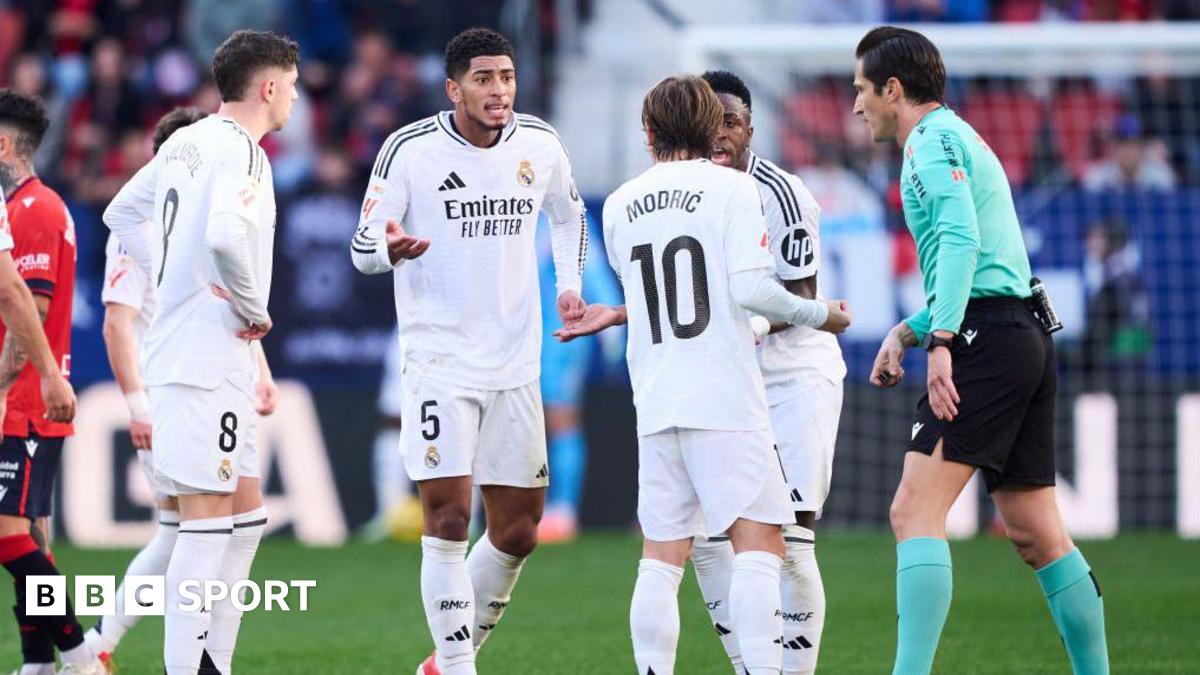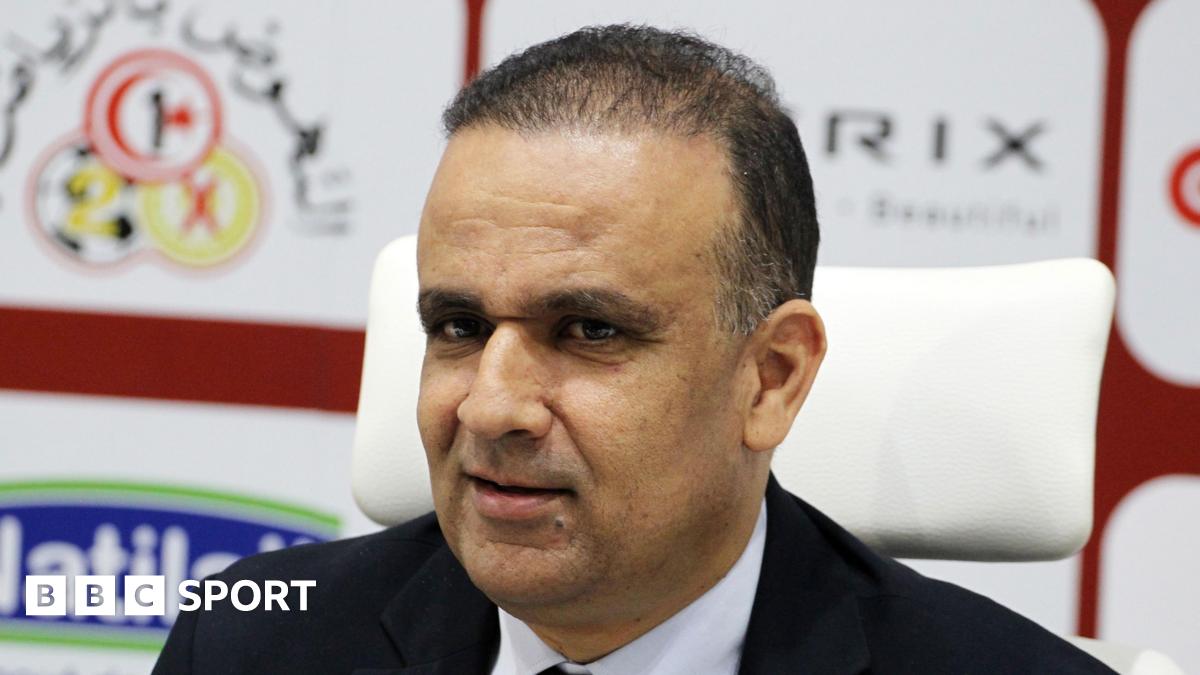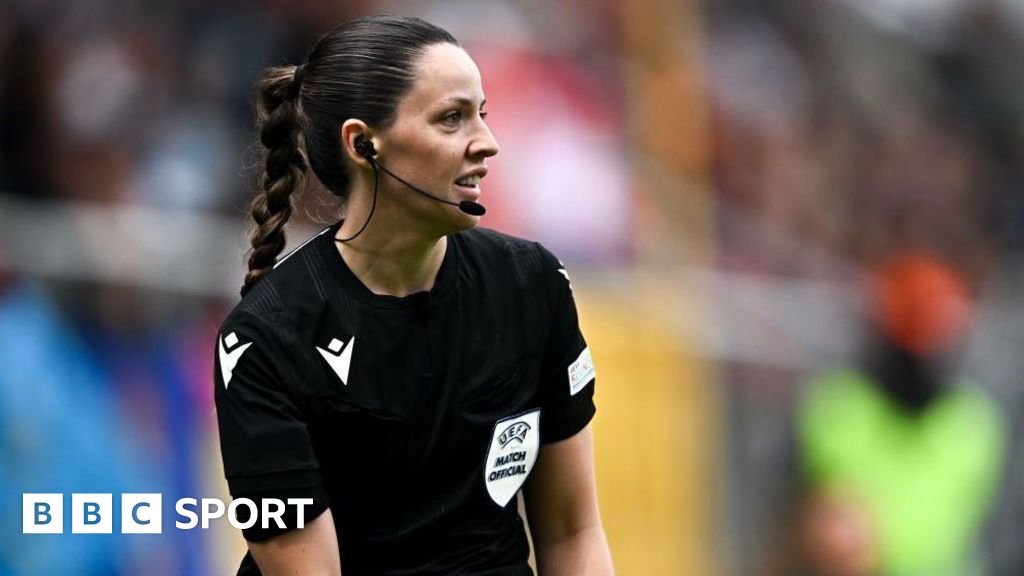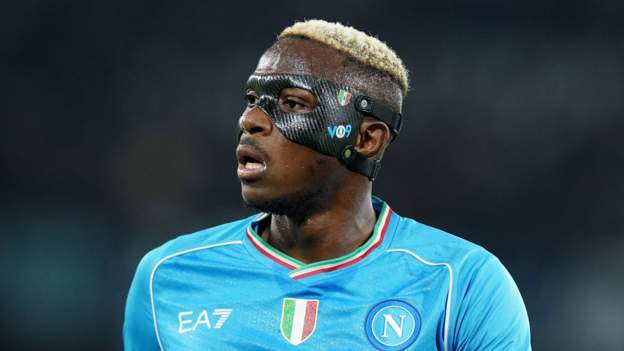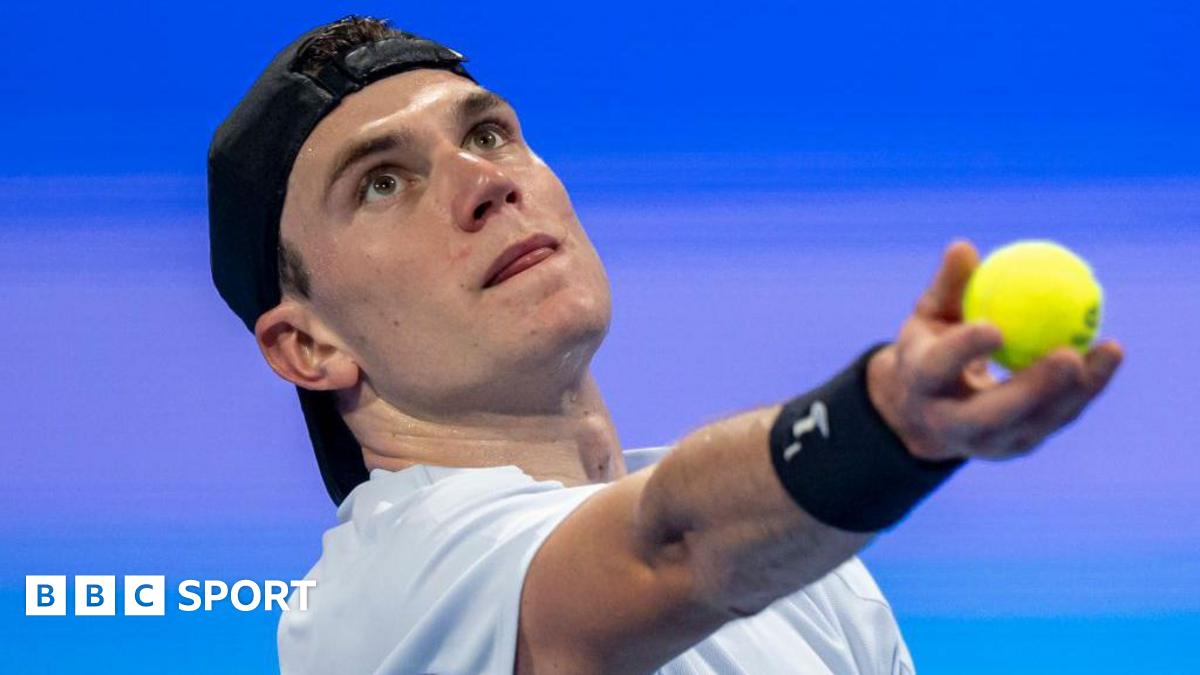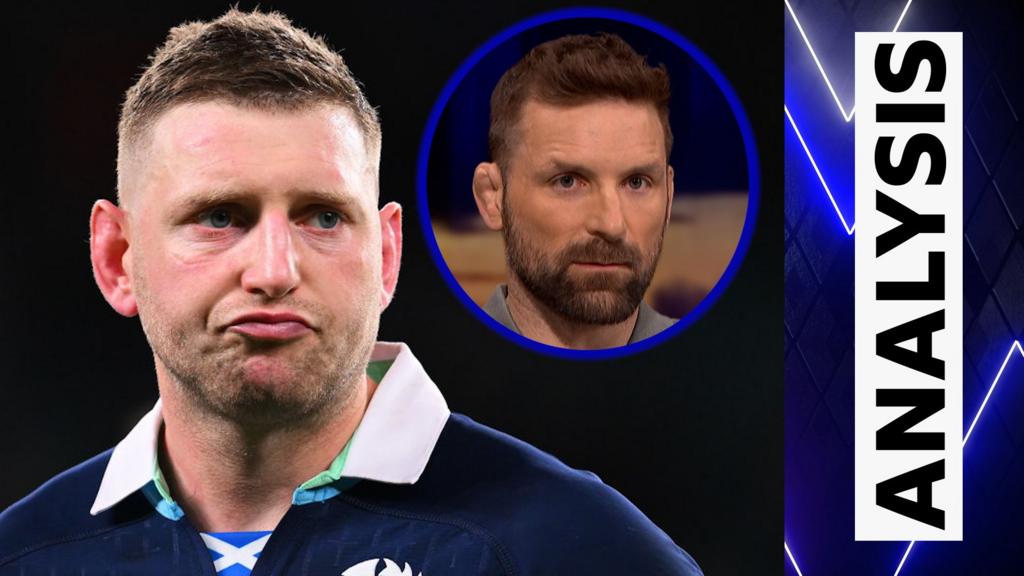Carney was inducted into the PGMOL Hall of Fame earlier this year having had a breakout season covering her first major tournament in Paris.
She worked closely with experienced officials Natalie Aspinall and Rebecca Welch but says there is “more scrutiny than ever” on WSL referees as visibility grows.
Carney says there are “dedicated professionals in psychology” that work with the referees in an “ever-growing league”.
“Pressure is a privilege and we love our jobs. It just shows how big the league is now, that we are fortunate to have such a prestigious league in our country,” she added.
“Year on year, it’s how resilient you have to be to be a match official. I don’t look at anything online. It’s just about being mentality resilient.
“No referee goes out there intending to make a bad decision. Everyone makes the decision that they see on the field at the time.
“It took me a while to develop mental resilience. I used to struggle a lot going abroad. I had imposter syndrome a little bit early on in my career.”
Carney’s career has allowed her to experience new leagues and countries, but the lack of women in her field meant she did not work with another female referee until she was 18 years old.
Trailblazers such as Sian Massey-Ellis, Aspinall and Welch have helped change that.
“I started off in Bolton and Bury’s lower age-group leagues. I was the only girl. They wanted to look after me,” said Carney.
“Now, there are so many females. People used to double-take when a female match official walked on the pitch but now I think we’re part of the furniture.
“Rebecca [Welch] has broken barriers in the Premier League. She’s a great person and an even better referee and role model for young girls.
“We’re very lucky to have her and [PGMOL women’s group director] Bibiana Steinhaus-Webb, who is an icon. Those two together are now unstoppable for English refereeing [in leadership roles].”



